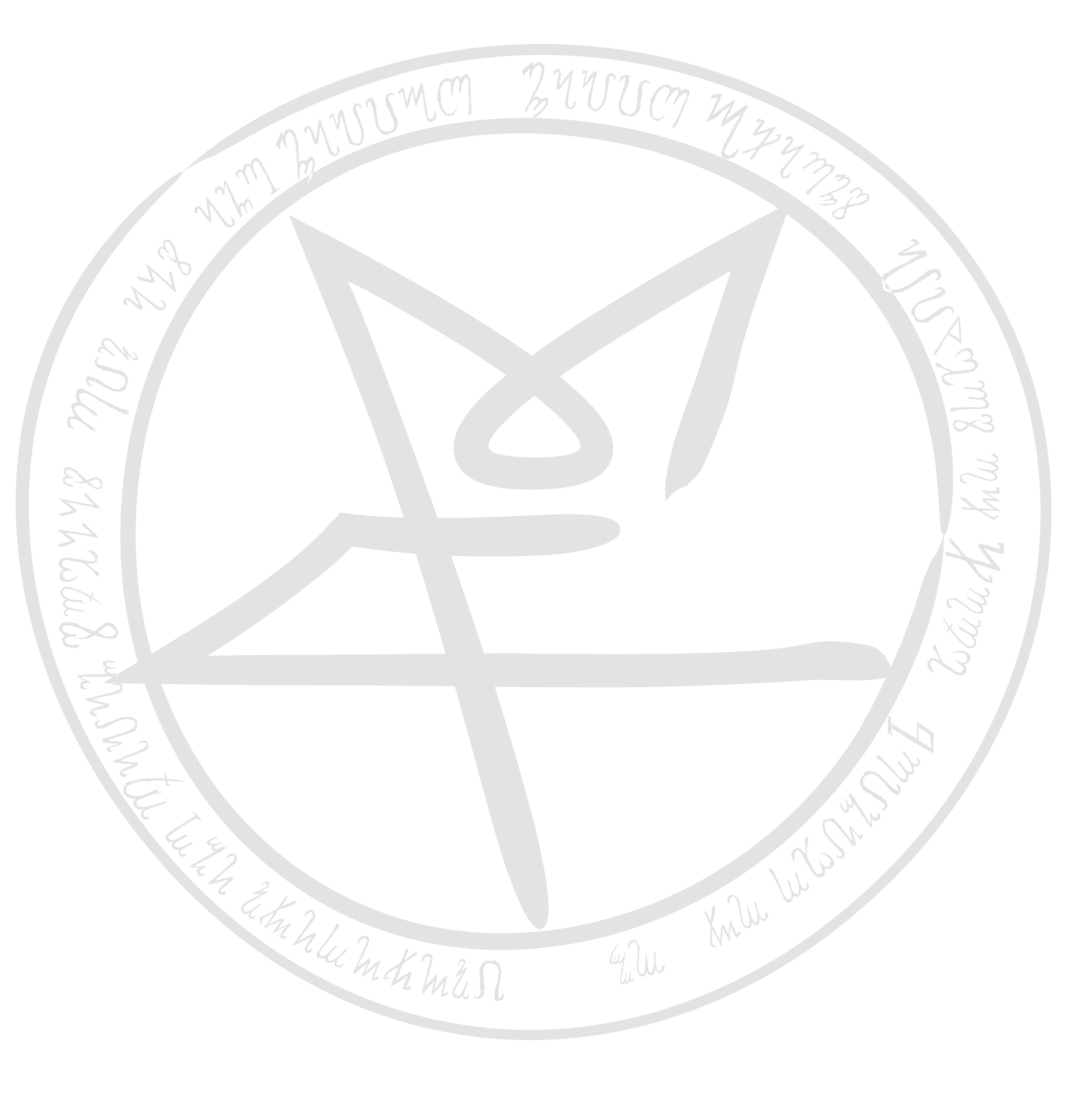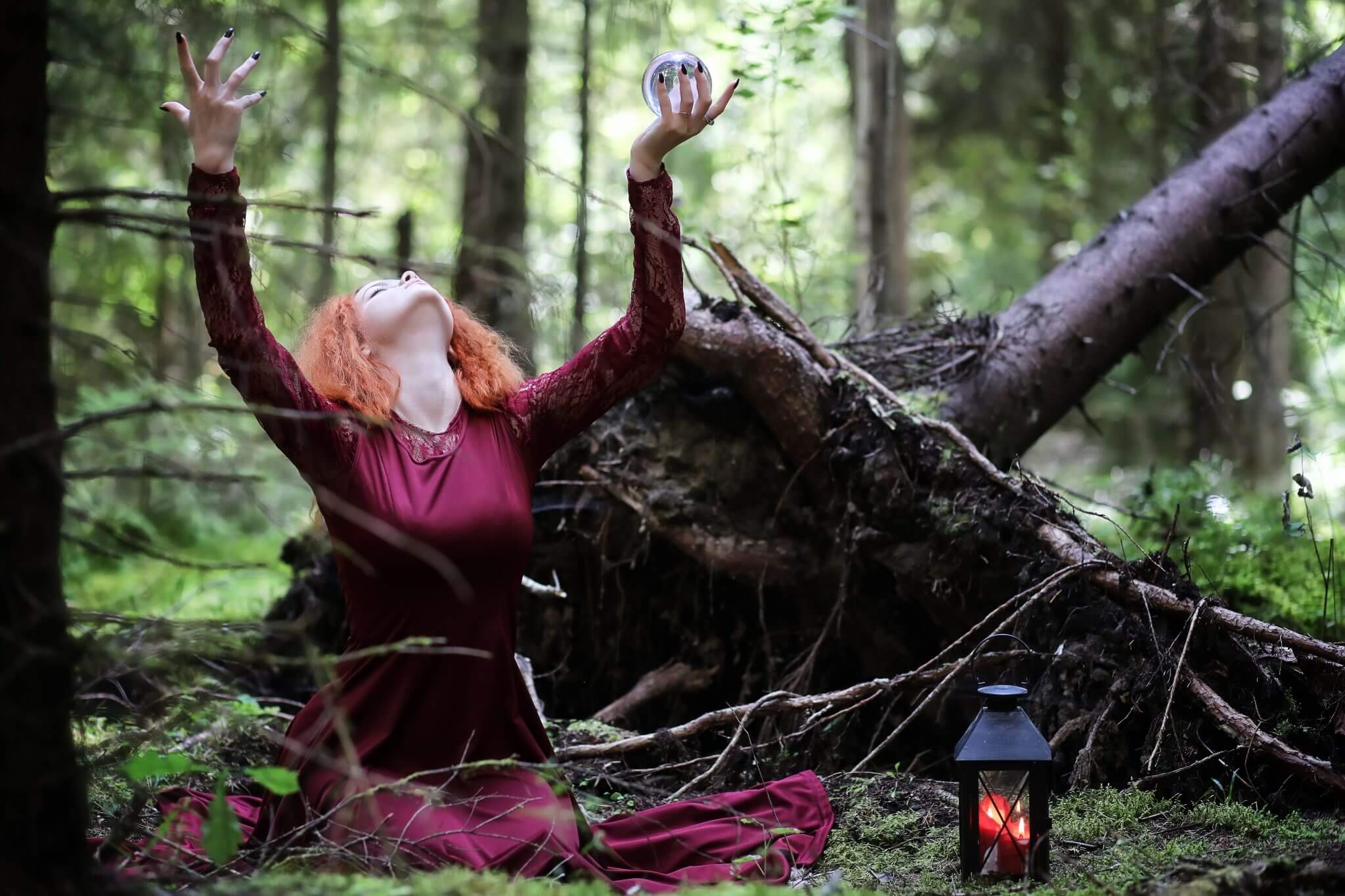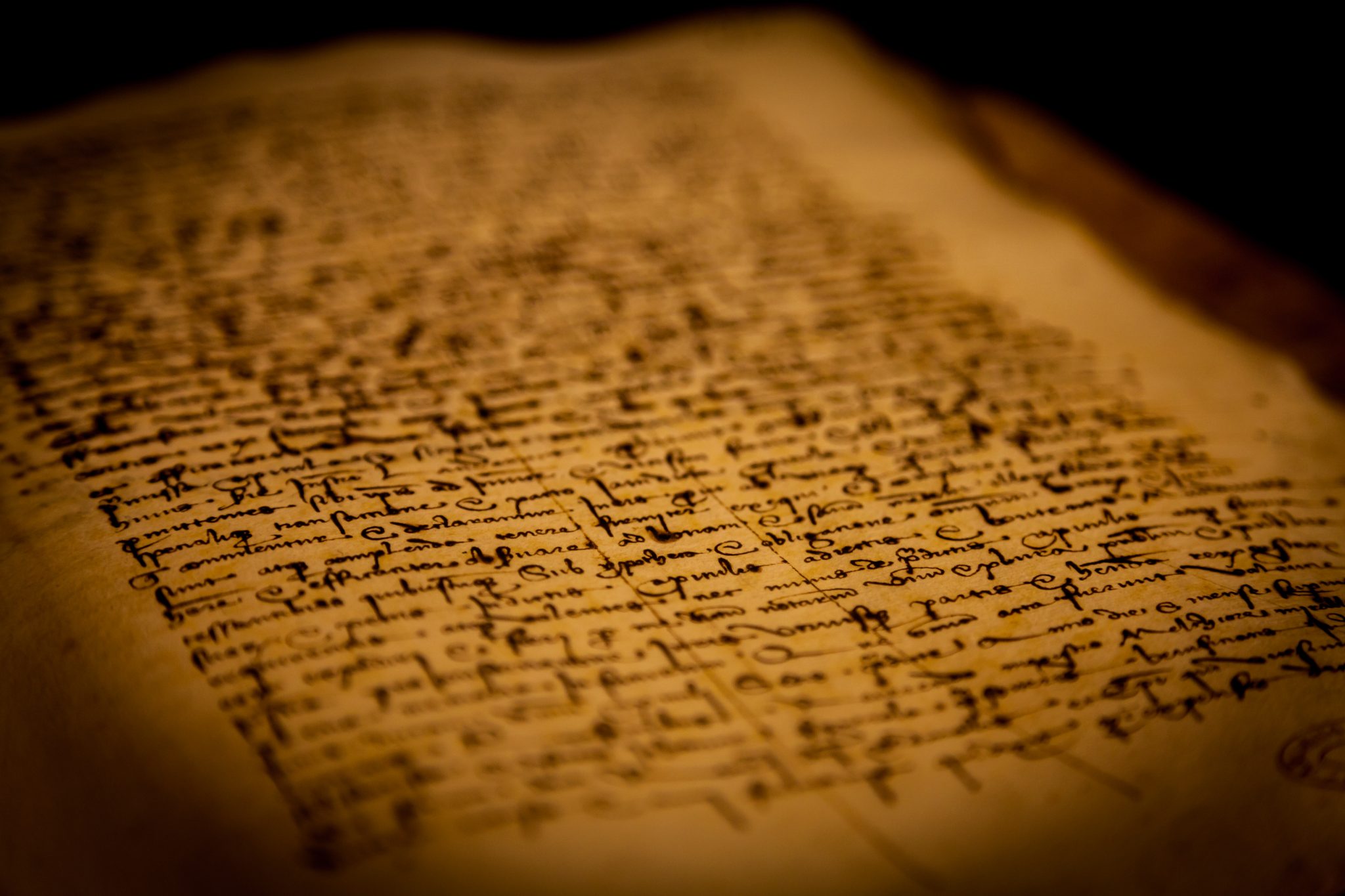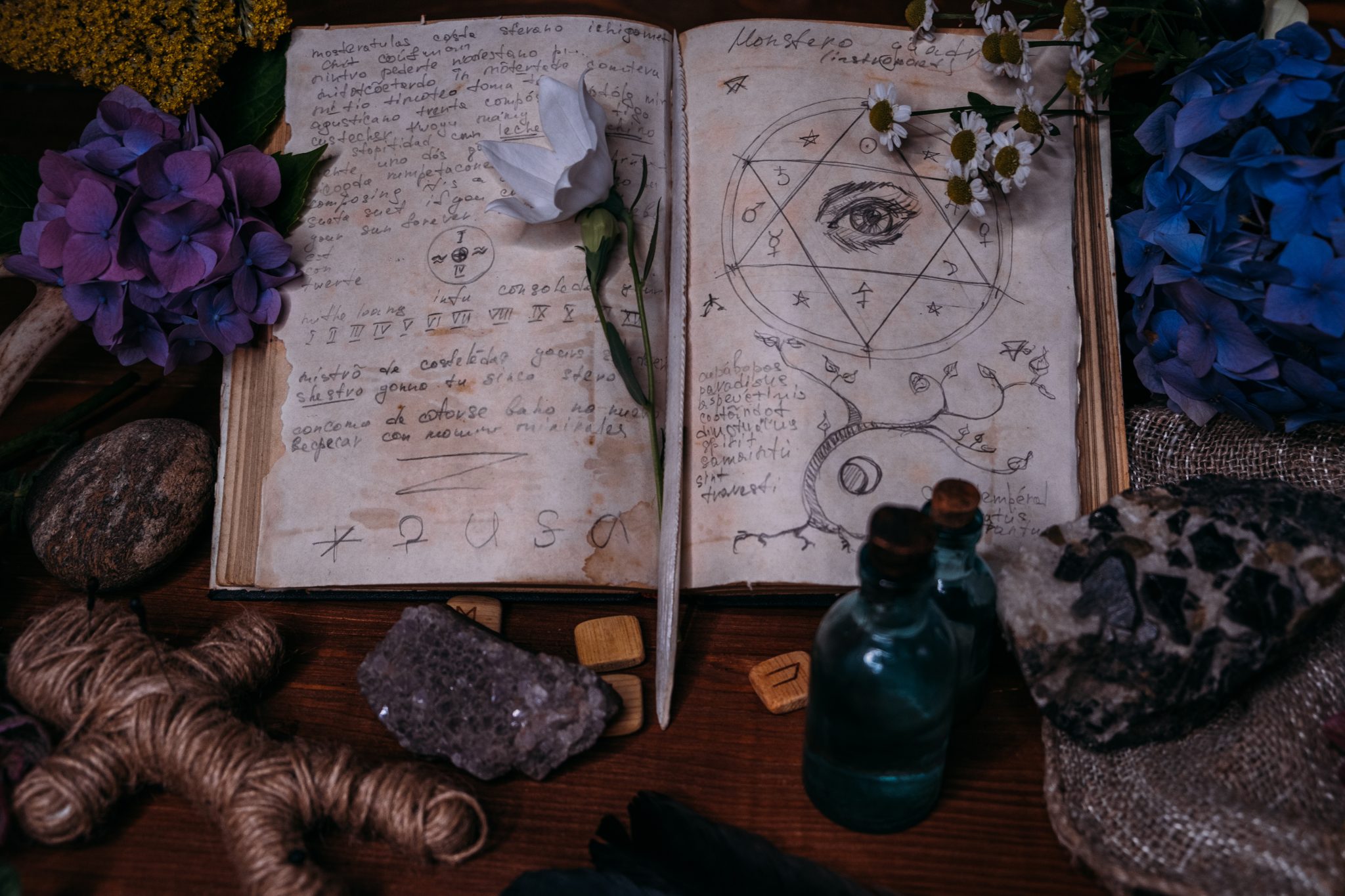Paganism is a term used to describe a diverse group of spiritual beliefs and practices that predate the major monotheistic religions of the world, such as Christianity, Islam, and Judaism.
It encompasses a wide range of spiritual paths, including Wicca, Druidism, Voodoo, and many other nature-based religions.
Paganism has roots in pre-Christian, pre-Islamic and pre-Judaic beliefs and rituals. Some of the ancient pagan traditions include the worship of nature and the elements, ancestor reverence, and the celebration of seasonal cycles and rituals. In some pagan traditions, the divine is seen as immanent in the natural world, and therefore, all living beings and elements of nature are considered sacred.
At its core, paganism is a celebration of the natural world and the cycles of the earth. Pagans believe in the power of nature and seek to live in harmony with it, often through the worship of nature spirits, goddesses and gods, or other deities. Pagans also place a strong emphasis on individual freedom and self-discovery, and many believe that each person is responsible for their own spiritual growth and journey.
Deities and Beliefs
Paganism is often described as a polytheistic religion, as it typically involves the worship of multiple gods and goddesses. However, the exact nature of these deities can vary greatly between different pagan traditions, with some believing in a single, all-encompassing deity, and others believing in many individual gods and goddesses with specific powers and areas of influence.
Paganism values individual spiritual experience and personal relationship with the divine, rather than relying on a central authority or book of scripture. As such, pagan beliefs and practices can vary greatly from one practitioner to the next, and from one tradition to another.
One of the central beliefs in paganism is the interconnectedness of all things, and that everything in the universe is part of a greater whole. This holistic worldview is reflected in the reverence for nature and the belief in the sacredness of all living beings.
There is no one central text or doctrine that defines paganism, and there are many different paths and traditions within the broader umbrella of paganism, including Wicca, Druidry, Heathenry, and others. Some pagan traditions also incorporate magic and spellwork into their practices, as a way to interact with and influence the natural world.
Rituals in Paganism
Paganism is also a highly ritualistic religion, and many pagans participate in seasonal celebrations, such as the winter solstice and the summer solstice, as well as other rituals throughout the year. These rituals can range from simple meditations or candlelight ceremonies to complex, multi-participant rituals that involve music, dance, and other elements.
Pagan History
Paganism has a rich and complex history, with roots that can be traced back to ancient cultures and civilizations, such as the Greeks, Romans, and Celts. Despite its ancient roots, paganism experienced a resurgence in the 20th century, particularly in England, where it was popularized by Gerald Gardner and other individuals who sought to revive ancient pagan beliefs and practices.
Modern-day Paganism
Paganism has experienced a resurgence in recent years, particularly in Western societies, as people seek out spiritual practices that are more in tune with nature and that offer a greater sense of community and connection to the earth. Despite this resurgence, paganism is still often misunderstood and marginalized by mainstream society, and its practitioners may face discrimination and persecution.
Types of Paganism
There are many different paths and traditions within the broader umbrella of paganism, each with its own unique beliefs, practices, and history. Here are a few of the most well-known:
Wicca
Wicca is a modern pagan, witchcraft tradition that emphasizes the worship of the goddess and god, and the practice of magic. It was created in the mid-20th century by Gerald Gardner and draws on a variety of sources, including ancient paganism, ceremonial magic, and folklore. Wiccans celebrate the cycles of the moon and the seasons and often work with elemental energies, nature spirits, and deities.
Druidry
Druidry is a modern pagan tradition that revives the spiritual practices of the ancient Druids, who were the priests, judges, and healers of Iron Age Europe. It places a strong emphasis on connection to nature, reverence for the environment, and the celebration of seasonal cycles. Druids often work with the energies of trees, stones, and the elements, and practice meditation, ritual, and magic.
Heathenry
Heathenry, also known as Ásatrú, is a pagan tradition that revives the spiritual practices of the pre-Christian Norse and Germanic peoples. Heathens believe in a pantheon of gods and goddesses and honour their ancestors and nature spirits. They celebrate the cycles of the sun and the seasons and often work with the energies of animals, stones, and the elements.
Shamanism
Shamanism is an ancient spiritual practice that is found in many cultures throughout the world. It involves a shaman, or spiritual healer, who enters an altered state of consciousness to communicate with spirits and gain insight into the spiritual realm. In paganism, shamanism often involves working with nature spirits and the elements and using ritual and magic to bring about healing and balance.
Voodoo
Voodoo, also known as Vodou, is a spiritual tradition that originated in Haiti and draws on African, Native American, and Catholic influences. It involves the worship of the loa, or spirits, and the use of ritual, dance, and song to connect with the spiritual realm. Voodoo practitioners often use magic to bring about change and healing, and to honour their ancestors and the spirits of nature.
Celtic Paganism
Celtic paganism is a pagan tradition that revives the spiritual practices of the ancient Celts, who lived in Europe from the Iron Age to the Middle Ages. It places a strong emphasis on connection to nature, the land, and the ancestors, and often involves the celebration of seasonal cycles and the worship of the gods and goddesses of the Celtic pantheon.
These are just a few examples of the many different pagan traditions and paths. Each tradition has its own unique beliefs, practices, and history, and it is important to remember that paganism is a highly individualistic spirituality and that each practitioner may have their own unique beliefs and practices. Additionally, paganism is not a monolithic religion, and there is a great deal of diversity and variation within the pagan community.





